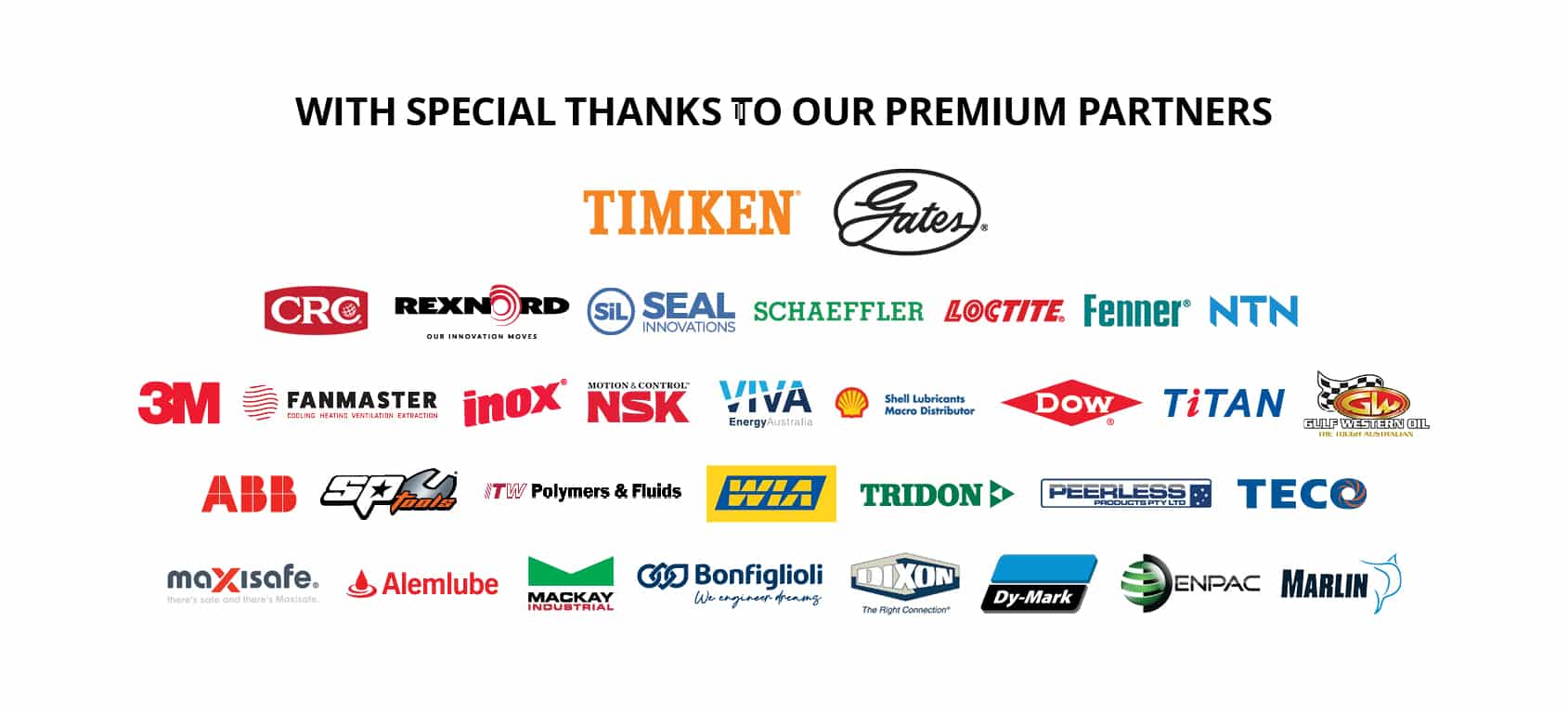
19 Dec Bearing the burdens of Sheet Glass manufacture
A key facet of all buildings and architectural structures is sheet glass. The “float glass” continuous production process presents some challenging application demands for bearings and related components.
Whilst the glass production machinery manufacturers design and select components such as bearings to match the operating requirements, the ever-increasing pressures for greater production output means original design capabilities are continuously stretched.
One manufacturer that specialises in “application engineered” bearing enhancements in particular, is NTN Corporation. Headquartered in Japan, the company has more than 100 years of product innovation and manufacturing history, and has grown to be one of the largest bearing manufacturers in the world.
In raw materials batching, composed of Silica Sand, Soda Ash, Lime, Dolomite and recycled “trim” glass, processes involve crushing mixing and conveying. Glass production lines can process ~500-600 tons of base material per day. Therefore, bearings with effective sealing to exclude these ever present fine abrasive contaminants is required.
Here, NTN products such as Ball Bearing Units equipped with “LLJ” triple seals, and Sealed Spherical Roller Bearings of the 222EALLS series, are proven to significantly extend wear life in such environments, Ross Lee, Technical Manager – Strategic Partnerships-Bearings at Inenco Industrial Solutions says.
The furnace section generates temperatures of up to 1600°C, to melt these materials, and so considerations for both bearing and bearing housing temperature capability in hot gas handling fans apply. Here, NTN teamed with CBC Engineering Solutions, to develop product package design capabilities to ensure trouble free operation.
Exiting the subsequent molten tin float bath section where glass thickness is regulated, special table rollers carry the solidifying glass through the annealing kiln, or lehr, where the glass is stress relieved. This lehr is typically around 120m long. As the sheet product reduces from 600°C to 200°C, the external bearings supporting these numerous rollers must be specified to meet the operating temperature. The same considerations apply of course to the bearing grease lubricant.
NTN “Topline” special treatment Ball Bearings are capable of operating to 350°C, and high temperature Mounted Bearing Units, accommodate these conditions and ensure uninterrupted production availability.
In post- production or finishing stages, cutting and edge grinding of sheet glass product requires precision, high durability bearings. The scope of NTN product range, with multiple lubricant and sealing options, also covers requirements.
“Finally, the finished product transfer, inspection and packing section of the line involves articulation and linear movements, in multiple axis. NTN products such as Roller Followers or Ball Bearings with “Solid Grease,” and maintenance free Spherical Plain Bearings, ensure precise motion and zero contamination of the finished product,” Lee says.
Local support
NTN’s closest Australian business partner is CBC, after a joint venture was formed in 1971. As a result, CBC holds the requisite stocks to support the national sales network, across a broad range of bearings.
Because of NTN’s Global presence, the company can invest significantly in research and development and support for its partners and customers. As a result, CBC can provide localised engineering support through a dedicated team of application engineers and technicians – The Engineering Solutions Group.
This team diagnose issues within a process and isolate it in order to help find a solution. Lee says the team checks the whole process to determine the root cause of performance issues.
“From this root cause analysis, we can then apply both our internal resources, and those of our manufacturing suppliers to arrive a viable countermeasure proposal.
“Our engineers are regionally based all around Australia, meaning we can be there when we are needed and help minimise costly downtime.”
“Sometimes the solution to the problem is far from capital intensive, it can be as simple as changing the type of lubricant, or replacing a modest sealing device,” he says.

